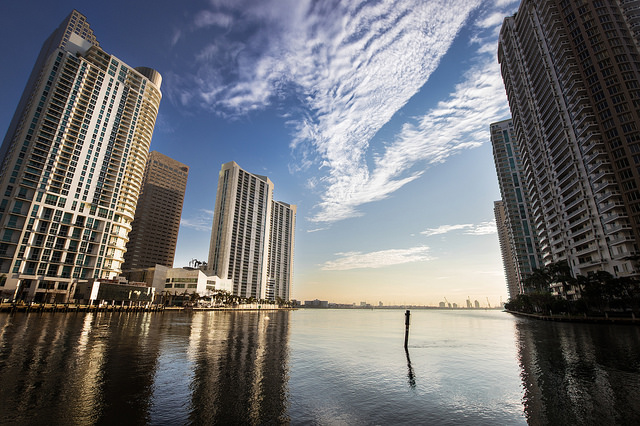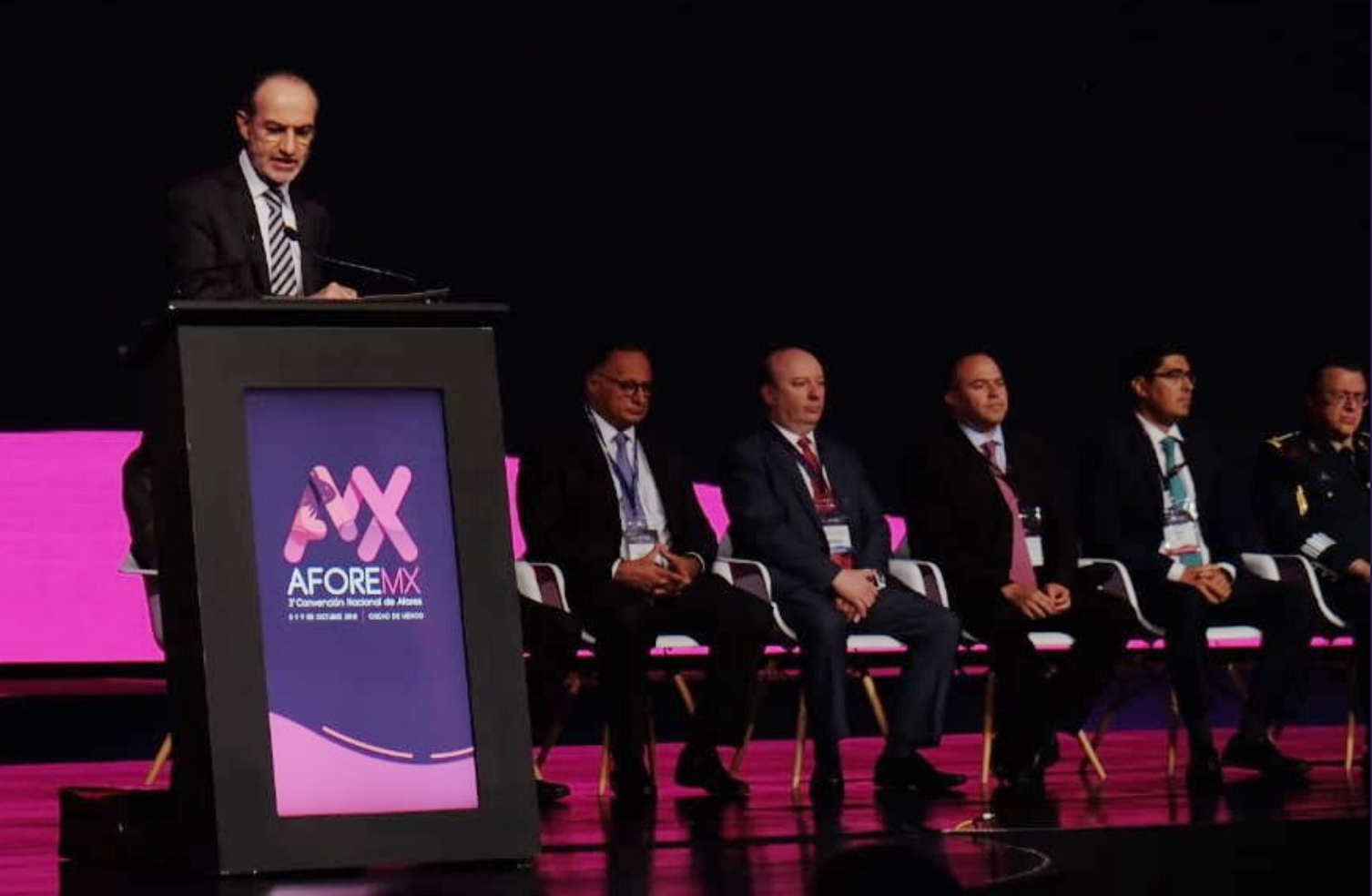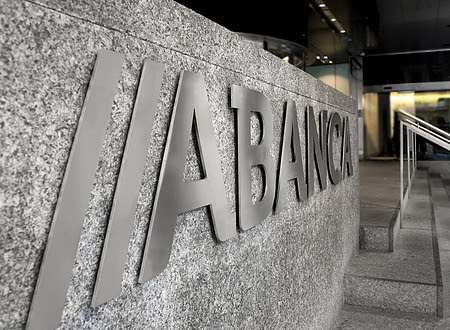According to Steve Drew, Portfolio Manager and Head of Emerging Markets Fixed Income at Janus Henderson Investors, the Emerging Market Corporate bond is an asset class that has been often overlooked and misunderstood, but this trend is distinctly changing. With about 15 years of history, this asset class sometimes behaves as a teenager, reacting with tantrums every now and then.
“This evolving asset class is growing rapidly and is now disrupting previous notions of how and where to earn income. With an investable universe of 2,149 billion of dollars, the JP Morgan CEMBI Broad Diversified Index is twice the size the of the JP Morgan EMBI Index, one of the most frequently used benchmarks for Emerging Market Sovereign bonds”, said Drew.
Over the past 10 years, the Emerging Market Corporate asset class has also doubled the annual growth rate of Emerging Market Sovereign bonds, 18% vs 9%. It now comprises 52 countries, 12 sectors and 645 unique issuers, set against 149 issuers for the EM Sovereign debt.
In Emerging Markets, corporate bonds have higher credit quality than sovereign bonds, the average credit rating of the JP Morgan CEMBI is BBB- and 59% of its universe is investment grade, whereas the JP Morgan EMBI has an average rating of BB+ and only 51% of its bonds are investment grade.
“There is one big market that dominates the issuance of Emerging Market Corporate debt, and that is China, who happens to be an investment grade country, and therefore, lot of the companies that issue debt in China are investment grade”, explained Steve Drew.
There are also some other characteristics that make EM Corporate debt attractive. Duration, a matter that is in every fixed income investors mind now that the Federal Reserve is hiking interest rates every three months, is lower in the EM Corporate debt than in most of other credit asset classes. For example, their benchmark duration is only 4.52 years, whereas EM Sovereign bond’s benchmark has a duration of 6.66 years, the US Aggregate Bond index has a duration of 6,36 and the Global Aggregate Bond index has a duration of 7.16 years.
Recently, emerging markets have grabbed the attention of news headlines, debt and currency crisis in Argentina and Turkey, elections in Mexico and Brazil or trade tensions in China have added uncertainty to the asset class. But, when volatility is translated across many issuers, there is less volatility in EM Corporate bonds than in EM Sovereign bonds. EM Corporate bonds have lower maximum drawdown and lower standard deviation than the EM Sovereign bonds, with -4,6% vs -6,6% (5 years trailing, as of 31 August 2018), and 4,2% vs 6,0% (3 years trailing, as of 31 August 2018), respectively.
EM Corporate bonds also have lower leverage than developed markets, both in investment grade and high yield asset classes, and their forecasted default rates for 2018 are expected to be lower than those of US High yield.
“Emerging Market Corporate bonds, as an asset class, has lower leverage, less or similar volatility, lower duration and is actually cheaper than other developed markets. So, what risks are the investors taking? They are taking the macro and geopolitical risks, and sometimes foreign exchange risks, even if the investors are buying a dollar denominated bond”, explained Drew.
“Lately, Emerging Markets have suffered a sell-off, but they had a fantastic performance in 2016 and 2017. In the last 16 years, the total return of JP Morgan CEMBI Broad Diversified, annualized, has been a 7%, only 90 basis points below US High Yield (measured by BofA Merrill Lynch U.S. High Yield Master), but being an investment grade asset class, having better credit quality, lower leverage and duration”, he added.
Where are EM Corporates headed?
Argentina, Turkey, Indonesia, South Africa, Brazil and Mexico have recently created some noise, but this noise is not necessarily related with the fundamentals of those countries, part of the uproar is strongly related to the Fed’s normalization of their monetary policy.
“In Emerging Markets, is very important to quantify how the macro, the geopolitical and foreign exchange risks are going to affect the country you are investing in. You should only invest when you get a green light in both the fundamentals and the macro. Back in 2014, US imposed new sanctions on Russia, a country that represents about 5% of the JP Morgan CEMBI Broad Diversified Index. Spreads widened 700 hundred points, but it was not a credit fundamental story, it was a macro story. So, we bought bonds issued by Gazprom, a company that has more cash than debt in its balance sheet and we knew it was a good investment. In 2015, all sectors in Brazil were trailing, whether it was a paper company, a petrochemical company or a protein producer, all companies traded at discount, without considering whether they were a good company or not, due to markets exposure to Lava Jato corruption case. For five months we were not invested in Brazil, the catalyst to go back and invest in the country was when we saw that Dilma Rousseff’s was going to be impeached, breaking the negative cycle.
In 2016, during US general election campaign, Trump threatened to build a wall on Mexico’s border and said that Mexicans would pay for it. If the US were to finally build that wall, the one company that would benefit from the construction would be CEMEX, which bonds were punished by the markets, trading at a discount of 10% to 20% for four weeks. When we saw the Mexican peso trading at 21 pesos against the dollar, we bought some more Mexican corporate debt, to see if we could take some foreign exchange translation risk”, said Drew.
Since the beginning of this year, US foreign policy has created some distortion in Emerging Markets, but fundamentals are still good. From a valuation perspective, countries like Argentina, are now looking attractive. “Argentina is going to be one of the best bond markets in the next six months. Some of the quality companies that we have invested in Argentina are trading at 15% to 16% discount, if they were in any other country or in any other jurisdiction in the world, they would be trading at half that spread. Some of the Argentinian companies that we have invested in are one to two time leveraged, and they are strategically important within their country, but they are cheap because their macro circumstances. Turkey, on the other hand, has 105 billion dollars in its banking system to roll over in the next six months. Erdogan has already said no to an IMF bailout package, making more complicated for bond holders to recover their investments. Some of the banks’ Tier 2 capital debt is already trading at 70 to 80 cents of a dollar, but we think some of this debt is already worth 0. That is why I think Turkey is to avoid”, concluded Drew.
Important Information
US Offshore
This document is intended solely for the use of professionals, defined as Eligible Counterparties or Professional Clients, and US Advisors to Non-US Investors and is not for general public distribution. We may record telephone calls for our mutual protection, to improve customer service and for regulatory record keeping purposes.
Issued in the UK by Janus Henderson Investors. Janus Henderson Investors is the name under which Janus Capital International Limited (reg no. 3594615), Henderson Global Investors Limited (reg. no. 906355), Henderson Investment Funds Limited (reg. no. 2678531), AlphaGen Capital Limited (reg. no. 962757) and Henderson Equity Partners Limited (reg. no.2606646) (each incorporated and registered in England and Wales with registered office at 201 Bishopsgate, London EC2M 3AE), are authorised and regulated by the Financial Conduct Authority to provide investment products and services. Henderson Secretarial Services Limited (incorporated and registered in England and Wales, registered no. 1471624, registered office 201 Bishopsgate, London EC2M 3AE) is the name under which company secretarial services are provided. All these companies are wholly owned subsidiaries of Janus Henderson Group plc (incorporated and registered in Jersey, registered no. 101484, registered office 47 Esplanade, St Helier, Jersey JE1 0BD).
We may record telephone calls for our mutual protection, to improve customer service and for regulatory record keeping purposes.
© 2018, Janus Henderson Investors. The name Janus Henderson Investors includes HGI Group Limited, Henderson Global Investors (Brand Management) Sarl and Janus International Holding LLC.







